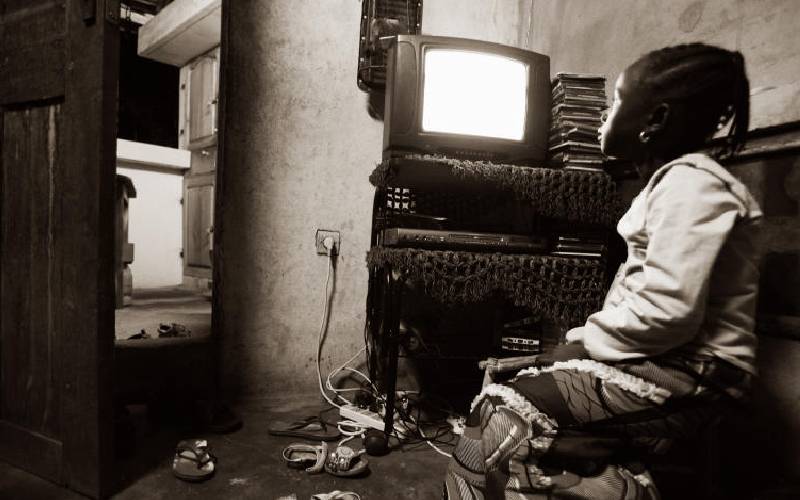×
The Standard e-Paper
Stay Informed, Even Offline

Kenyans say the use of "too much English" on TV keeps them off while others complained of too much political coverage. [Courtesy]
Use of "too much English" in TV content, limited coverage on matters affecting rural areas are among the reasons Kenyans have been shying away from consuming media content.